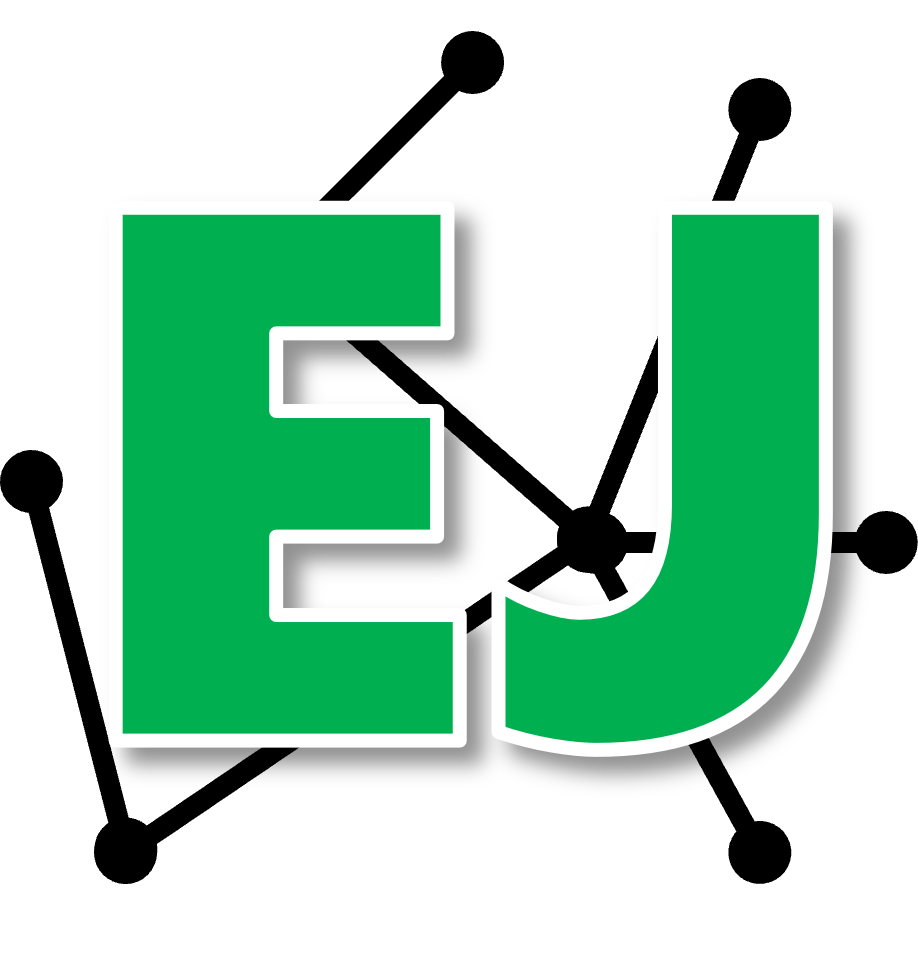===Electronic Edition===
RACHEL’S HAZARDOUS WASTE NEWS #12
—Feb. 16, 1987—
News and resources for environmental justice.
——
Environmental Research Foundation
P.O. Box 5036, Annapolis, MD 21403
Fax (410) 263-8944; Internet: erf@igc.apc.org
==========
The Back issues and Index are available
here.
The official RACHEL archive is here. It’s
updated constantly.
To subscribe, send E-mail to rachel-weekly-
request@world.std.com
with the single word SUBSCRIBE in the message. It’s free.
===Previous issue=====Next issue===
FDA PROPOSES SLACKENING RULES TO ALLOW PVC IN FOOD PACKAGES.
The U.S. Food and Drug Administration’s (FDA) proposed regulations for the limited use of polyvinyl
chloride (PVC) in food packaging (rather than a ban on the use of PVC) could result in a doubling of the
annual production of food-grade PVC resin, according to a survey by the Vinyl Institute, and the increase
could hamper NJ’s efforts to manage its solid waste.
The 1983 survey found that annual production of the resin could increase from 250 million pounds that year
to 600 million pounds by 1988 if FDA rules were relaxed. Because of the shortage of landfills, NJ has been
trying to recycle or incinerate its solid waste. There is no known way to recycle PVC at this time and
scientists differ on whether the burning of chlorinated substances produces dioxins.
In 1975, the FDA proposed restrictions on the use of PVC in food packaging because high levels of vinyl
chloride monomer, a cancer-causing substance, migrated into the foods. Improvements in plastics
technology have dramatically reduced the level of monomer in PVC and there is now less concern about
food contamination.
–Peter Montague, Ph.D.
Descriptor terms: fda; regulations; pvc; limits; food; nj; msw; dioxins; chemical production statistics; food
safety; packaging; plastics;
